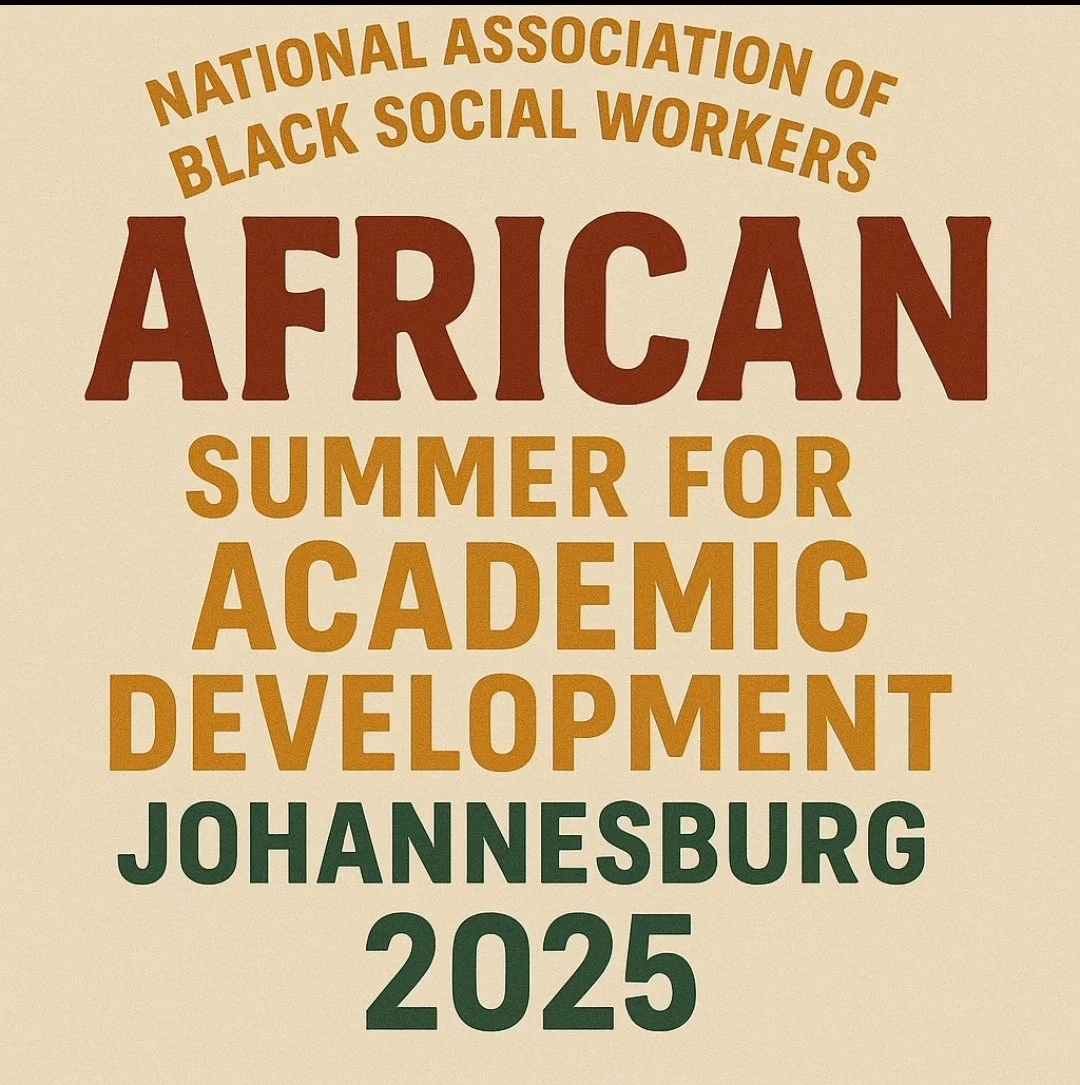
Designing Diaspora Education: What I Learned Running a Pan-African Exchange Program
After two years of designing and hosting the African Summer for Academic Development Program, I have learned that the most powerful education happens when we create pathways for the African diaspora to reconnect with the continent through scholarship, community, and lived experience.

The Theology of Inferiority: Original Sin, White Supremacy, and the Psycho-Spiritual Wounding of African Americans
The Theology of Inferiority Theory thus reveals how a doctrine of universal sin became a racial mechanism of control. It argues that genuine emancipation cannot occur through social reform alone. Political change without theological reconstruction leaves the root of inferiority intact. To heal the collective soul, African Americans must recover a spiritual anthropology that affirms their divine image and rejects the myth of inherited unworthiness.
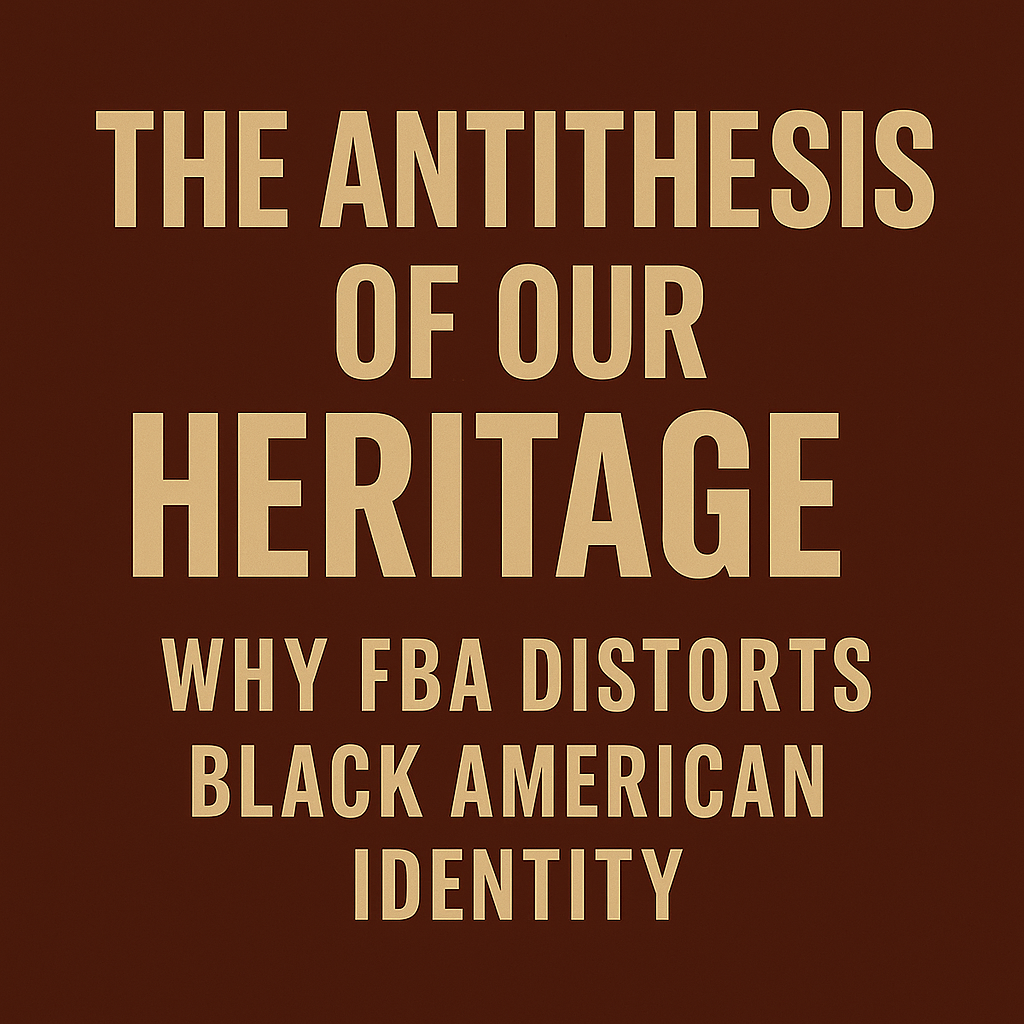
The Antithesis of Our Heritage: Why FBA Distorts Black American Identity
One of the loudest voices in this war of words has come from individuals identifying as Foundational Black Americans (FBA). While the idea of honoring African American history and struggle is important, many who claim the FBA label have used it as a platform for anti-African rhetoric. Their arguments are frequently reduced to name-calling, stereotypes, and a rejection of Africa itself. This is not only harmful to the possibility of unity but is the very antithesis of the lineage they claim to represent.
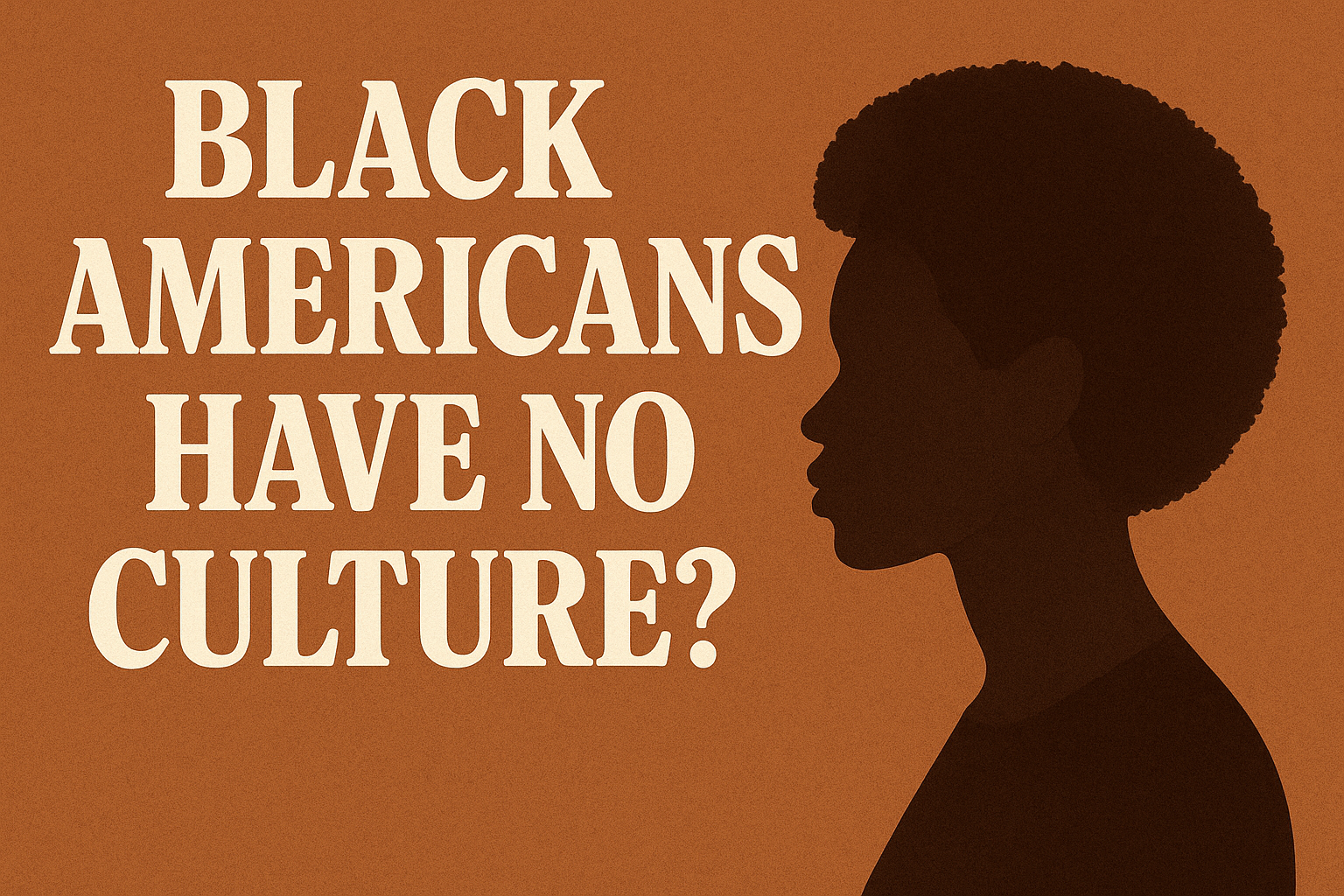
Black Americans Have No Culture?
For Black Americans, values and beliefs have been forged in the crucible of history. From slavery to Jim Crow to the present, core values such as resilience, faith, and communal responsibility have anchored Black life. Enslaved Africans, denied legal personhood, cultivated values of dignity and survival, as Frederick Douglass wrote in his Narrative, resistance to enslavement was not just physical but moral. The belief that one must preserve self-worth despite oppression became foundational. During the Great Migration of the early 20th century, millions carried with them the values of hard work, education, and faith, planting them in Northern and Western cities where Black churches, schools, and civic organizations became cultural pillars.
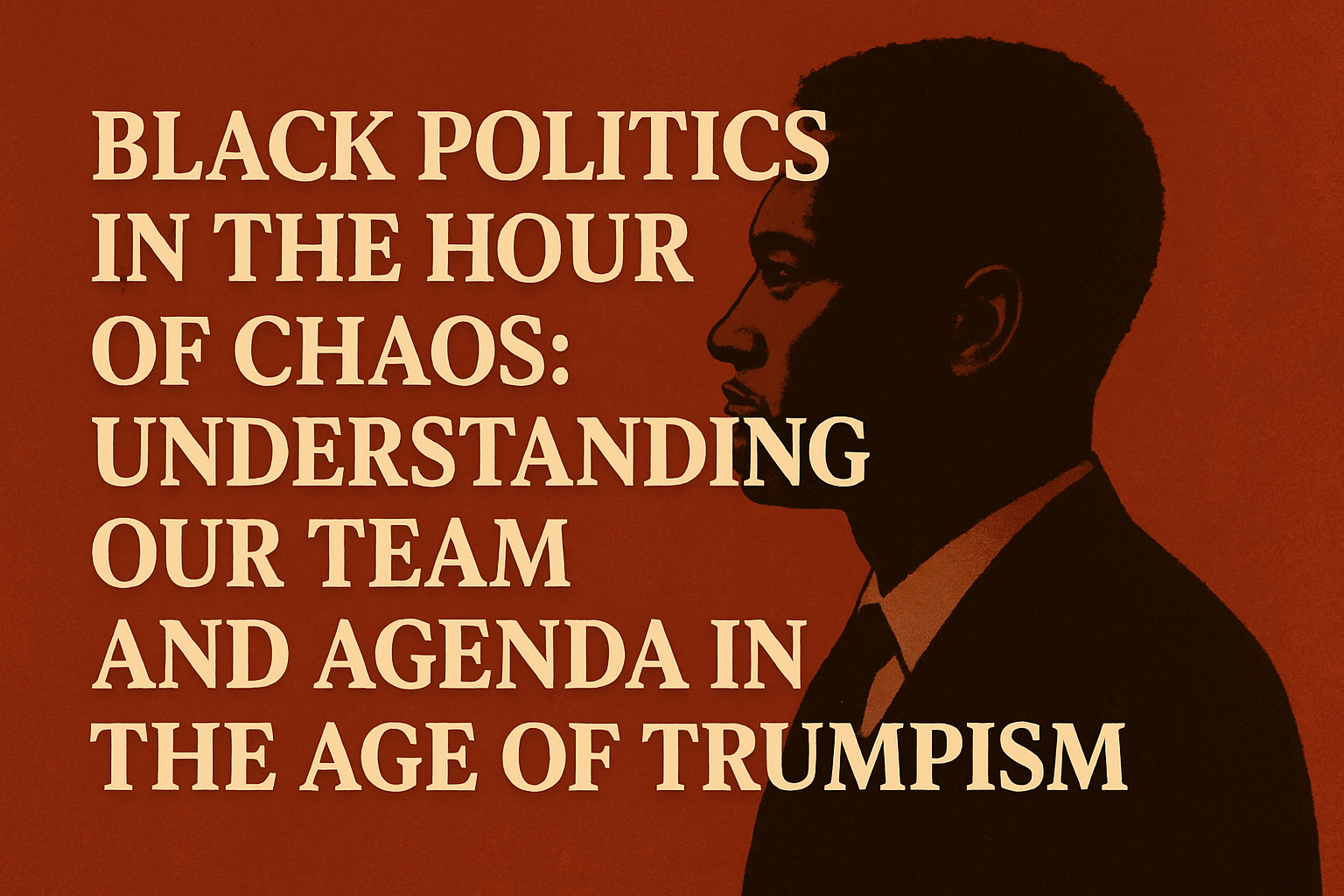
Black Politics in the Hour of Chaos: Understanding Our Team and Agenda in the Age of Trumpism
It is in this hour of orchestrated chaos that we must define and embody a Black politics that is both shield and sword. Our politics must resist the erosion of our rights while advancing the power and security of our people. And it must begin with one unflinching understanding: race is a team sport. We win together or we lose together. What follows are seven essential pillars for building black politics in the age of Trumpism.
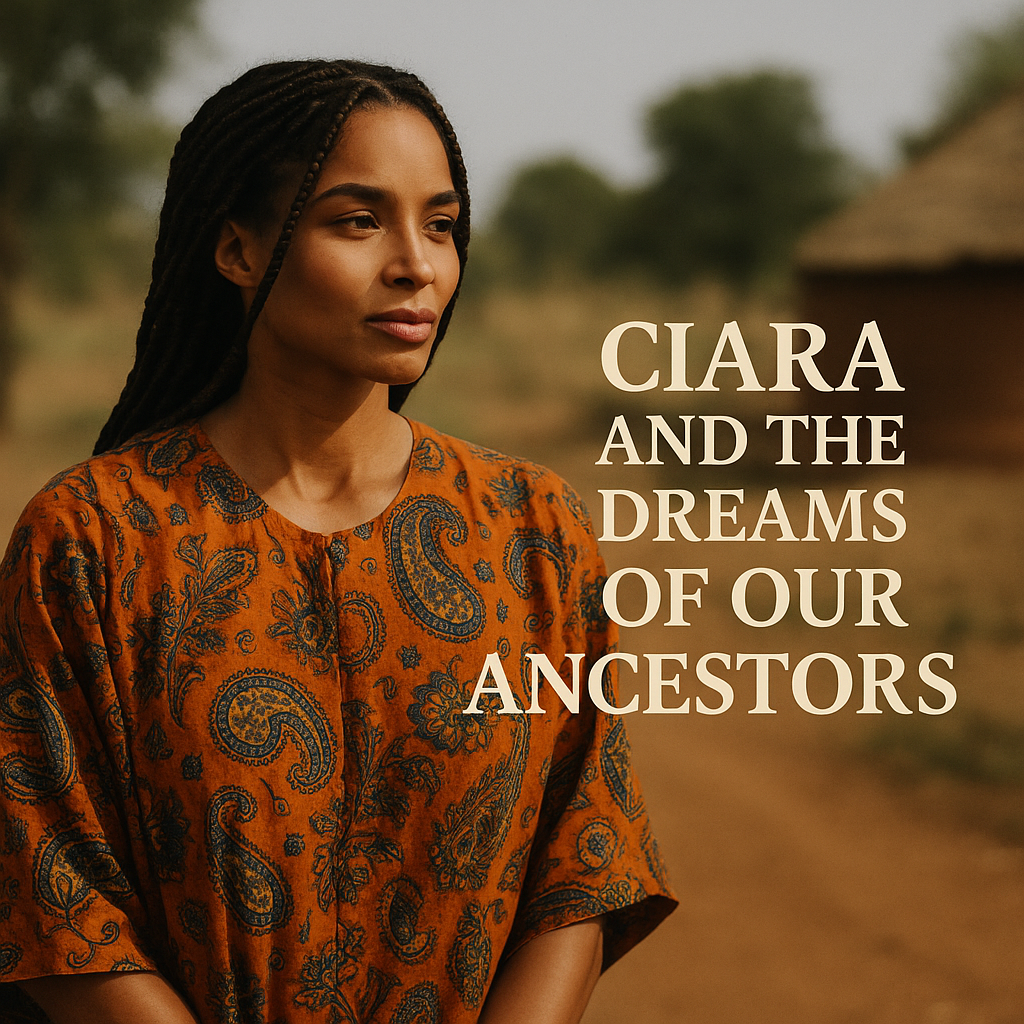
Ciara and the dreams of our ancestors
Now, in this time, in our brokenness, in our resilience, in our tragedy, in our triumphs, we are finding our way back home. Back to lands we never knew, yet always remembered. Back to unfinished stories. Back to arms that never stopped longing and reaching for us.
The soil recognizes us. The wind knows our scent. The soft, secure, squeeze of soil beneath our feet reminds us that we are the children of this land.
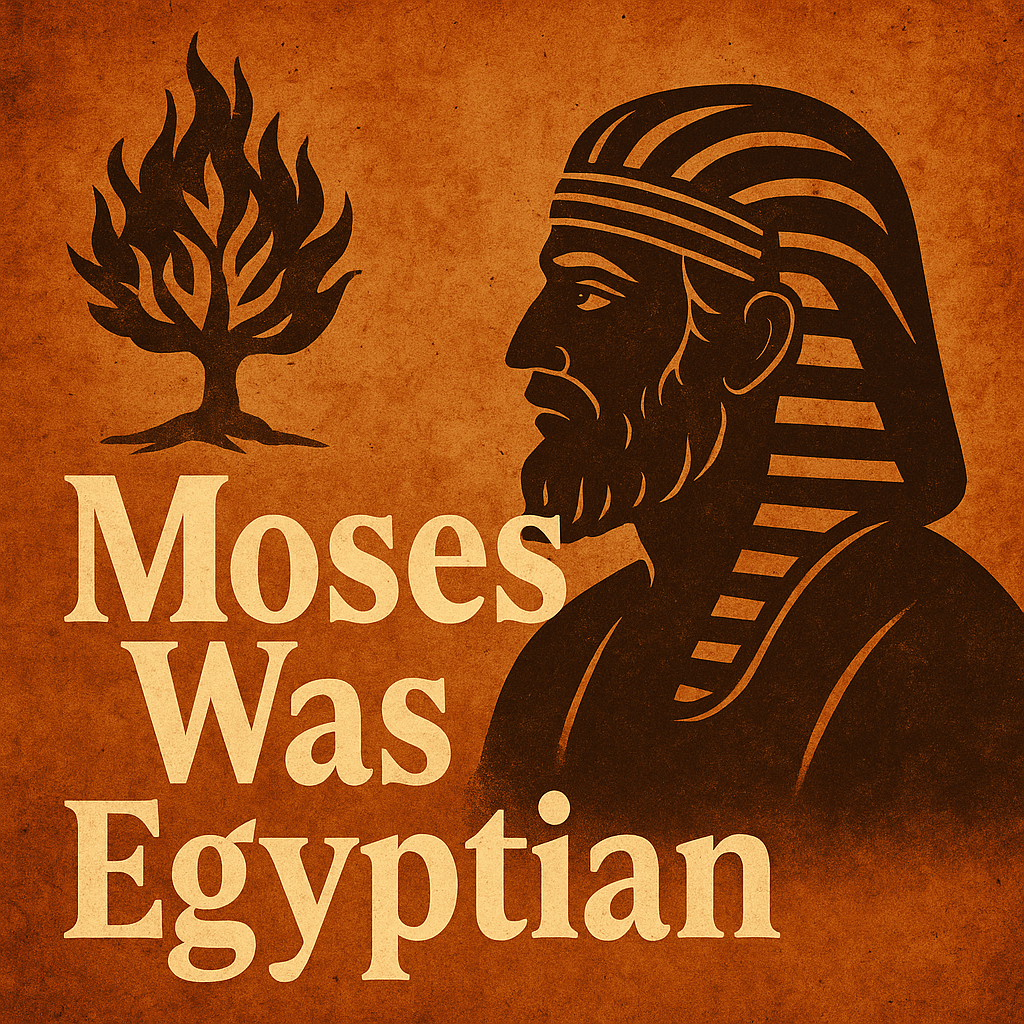
Moses was Egyptian
Black folk in America, there is a bush on fire over in Africa, and it is calling us by name. Moses, Moses. It is saying, “come home, my child.” This is our burning bush moment. In Johannesburg. In Accra. In Dakar. Africa is calling us out of the fire. Calling us by names we never knew we lost.
We are the descendants of people who were sold like sugar and worked like mules so that Europe could dine with silver spoons and America could worship its Constitution. We have built their nations, nursed their children, given our brilliance, sacrificed our lives, but the bush is calling us from the flames.
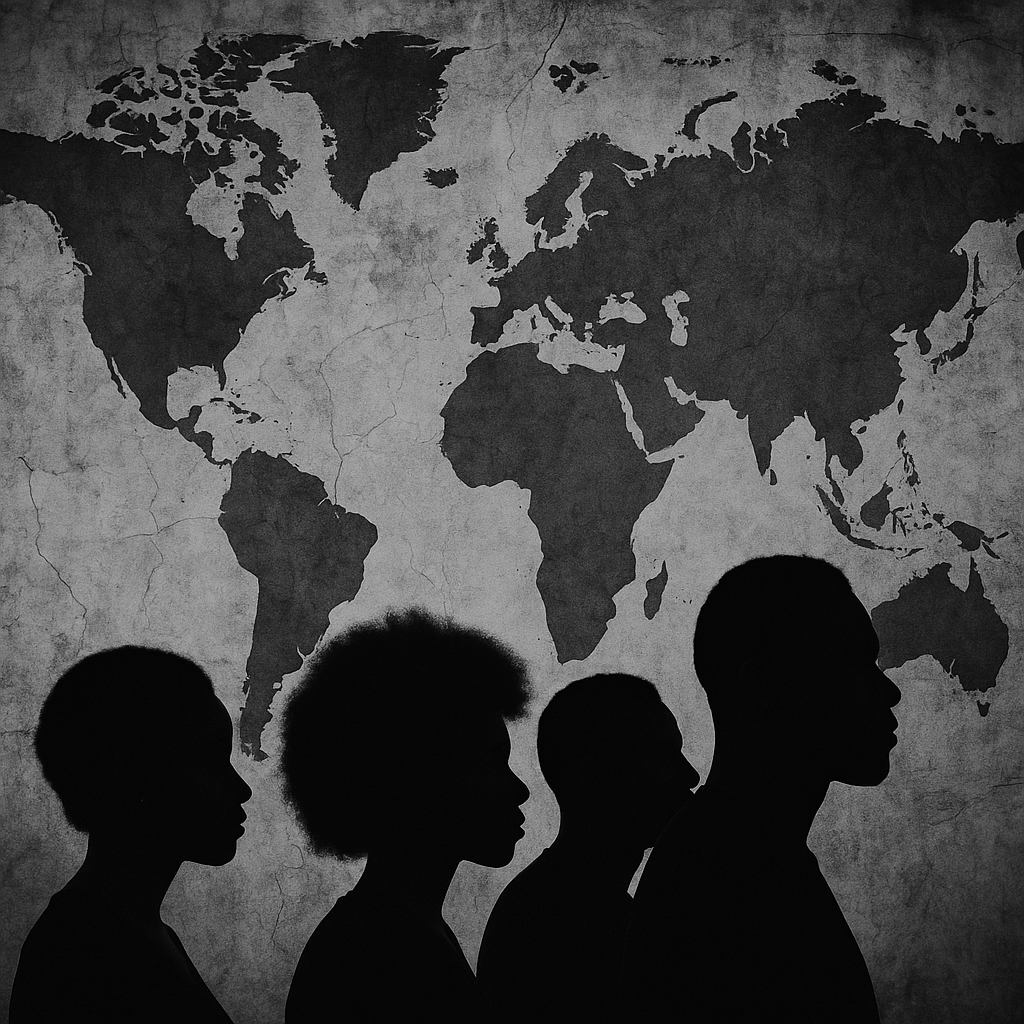
Diaspora Wars and the Weaponization of Identity
What we need is not uniformity, but alignment. We need a framework that honors the sacred difference in our stories while refusing to weaponize those differences. We need a shared language of struggle that does not erase the local tongue. Call it diasporic convergence. Call it Black transnational kinship. It looks like mutual recognition across oceans. It looks like cooperative repair across histories. It means seeing the blues and highlife, spirituals and dancehall, trap and griot poetry not as rivals, but as branches from the same scorched root. This kind of solidarity does not ask us to dissolve into sameness. It asks us to move like a chorus with many voices, many tones, and one rhythm forward.